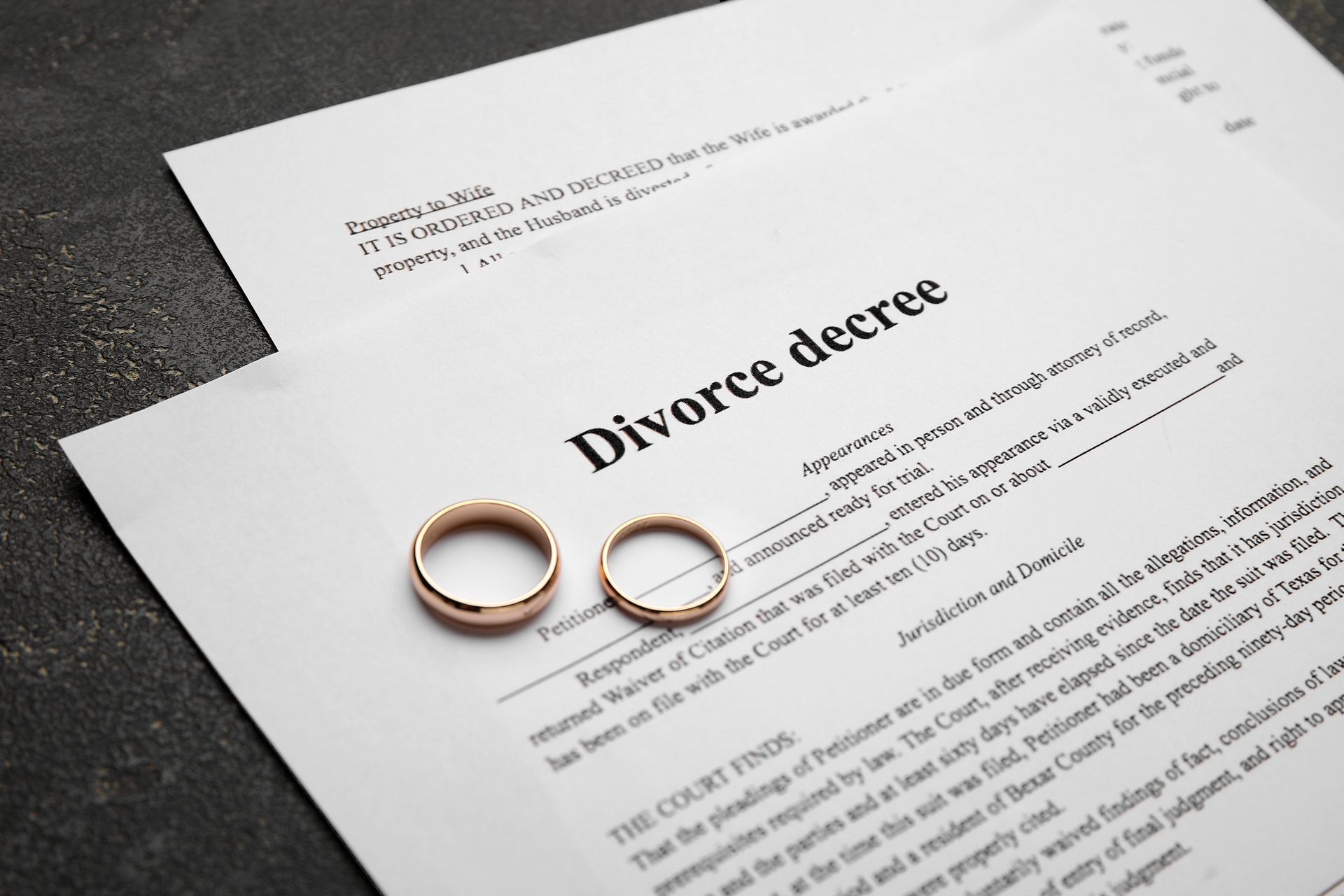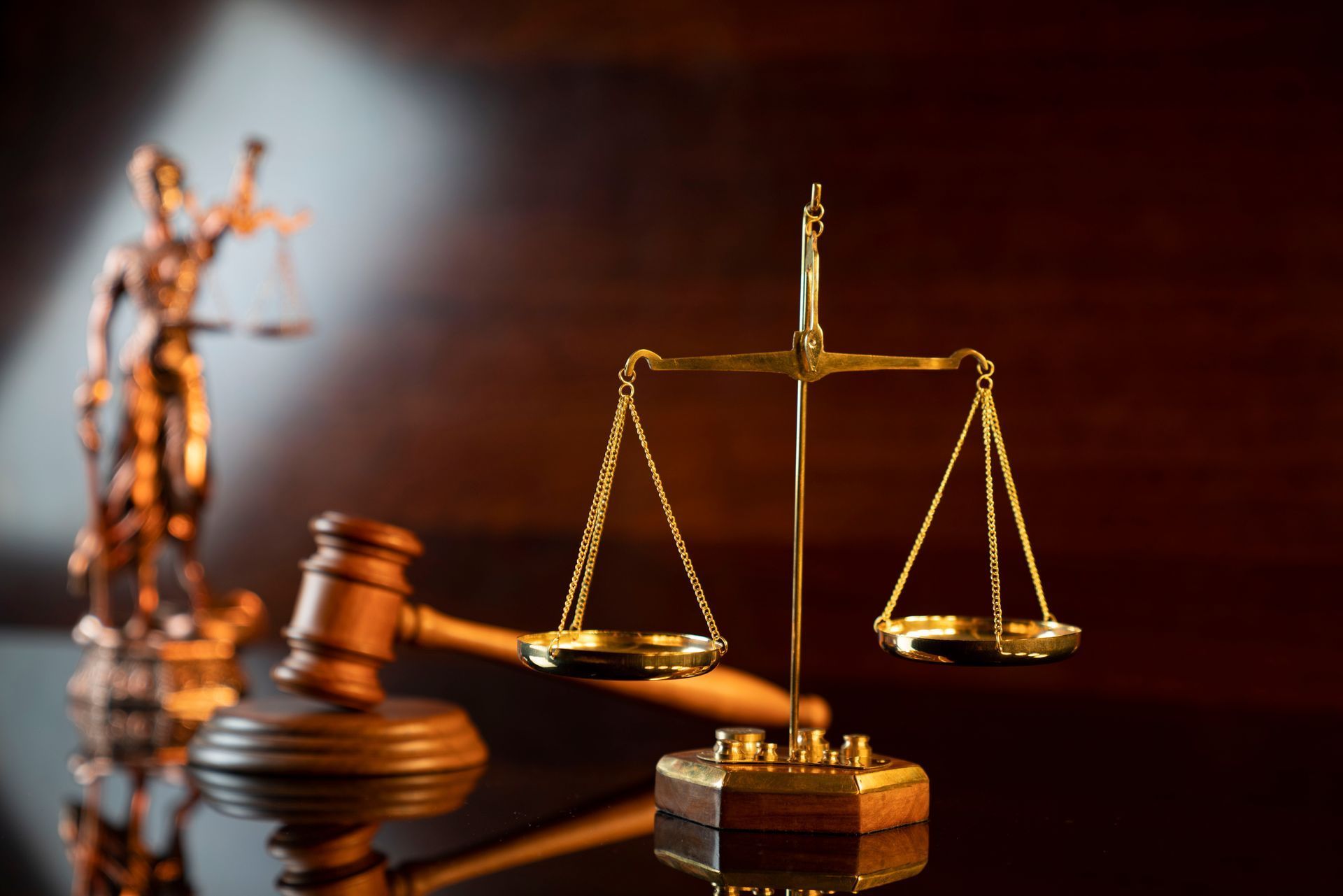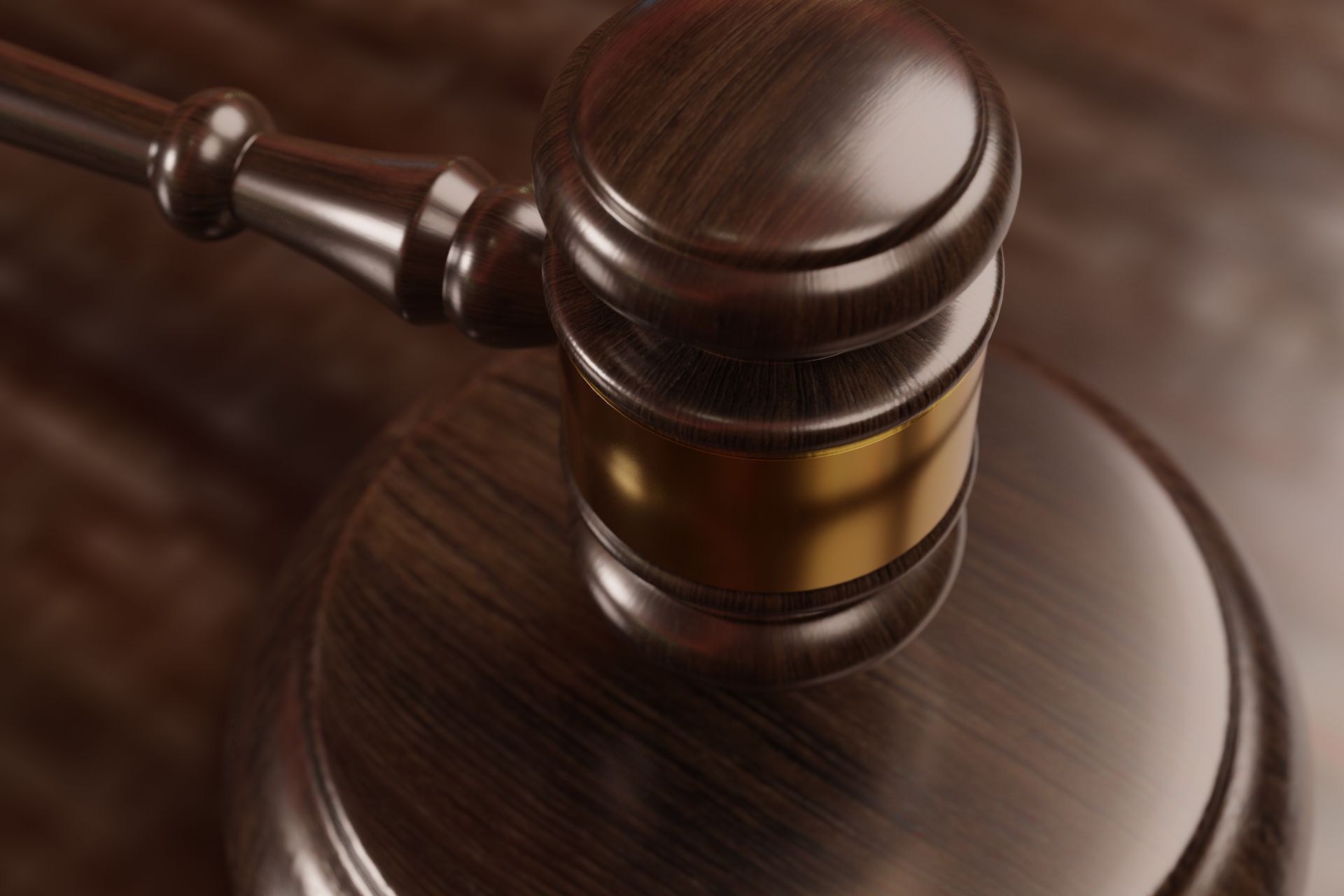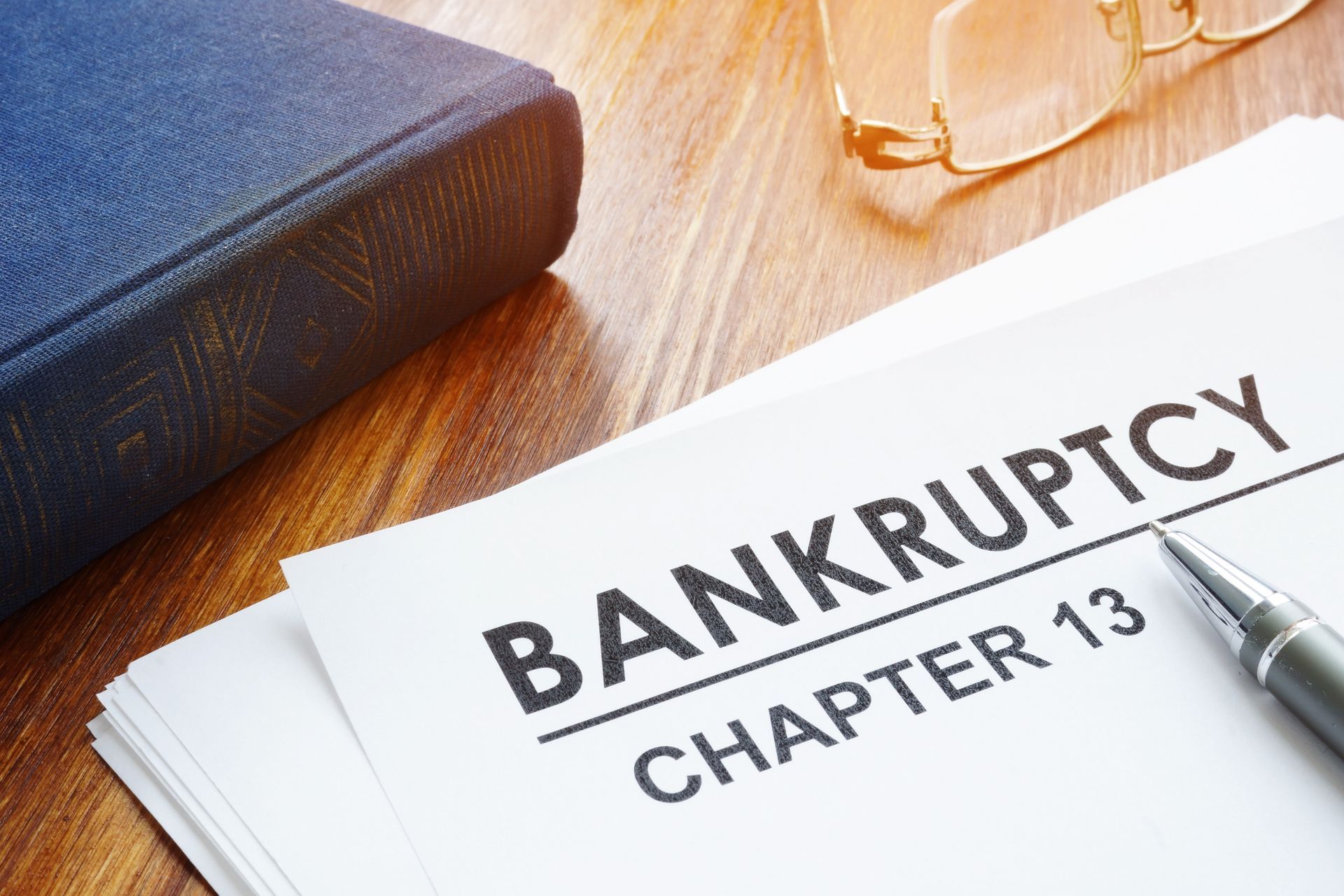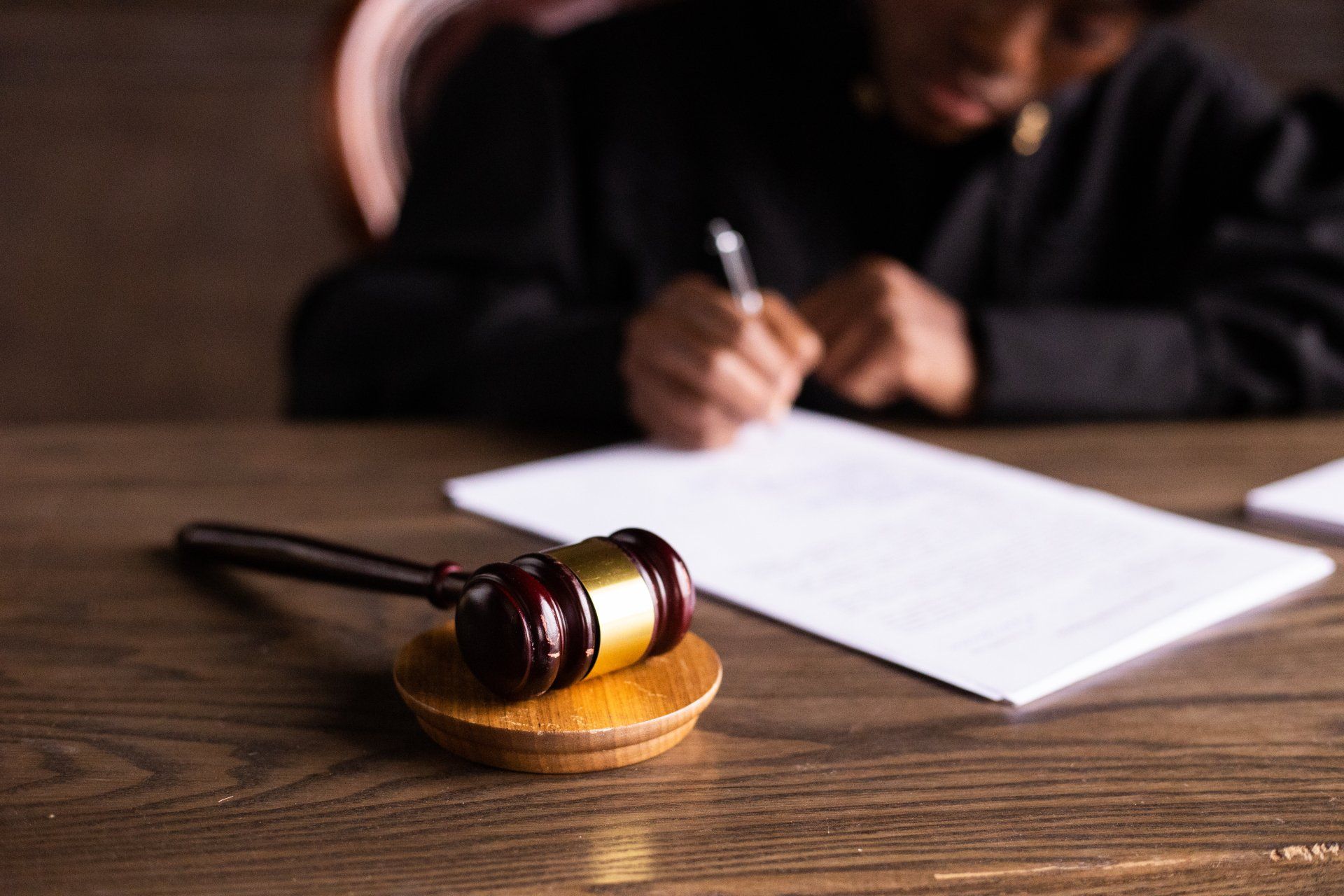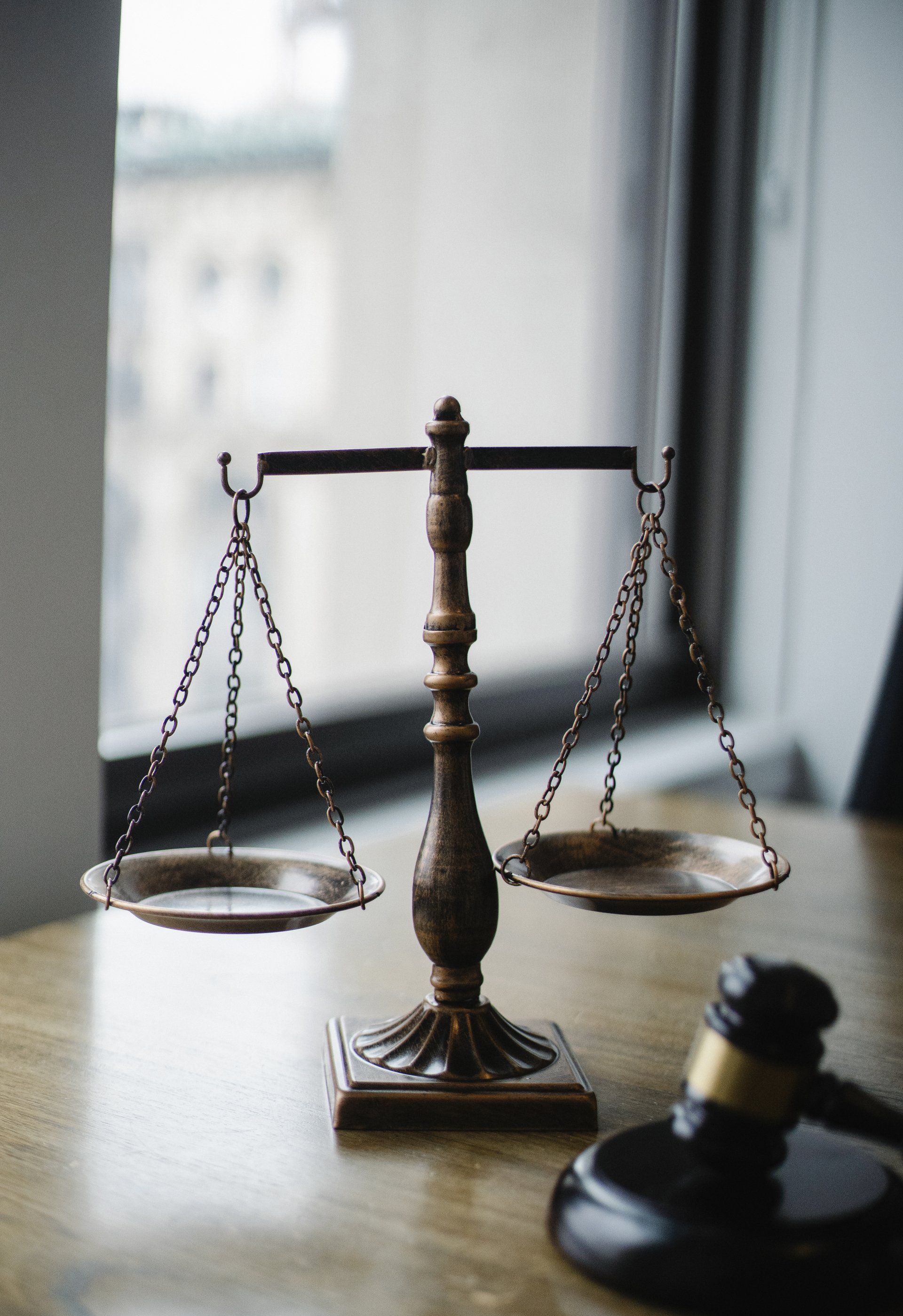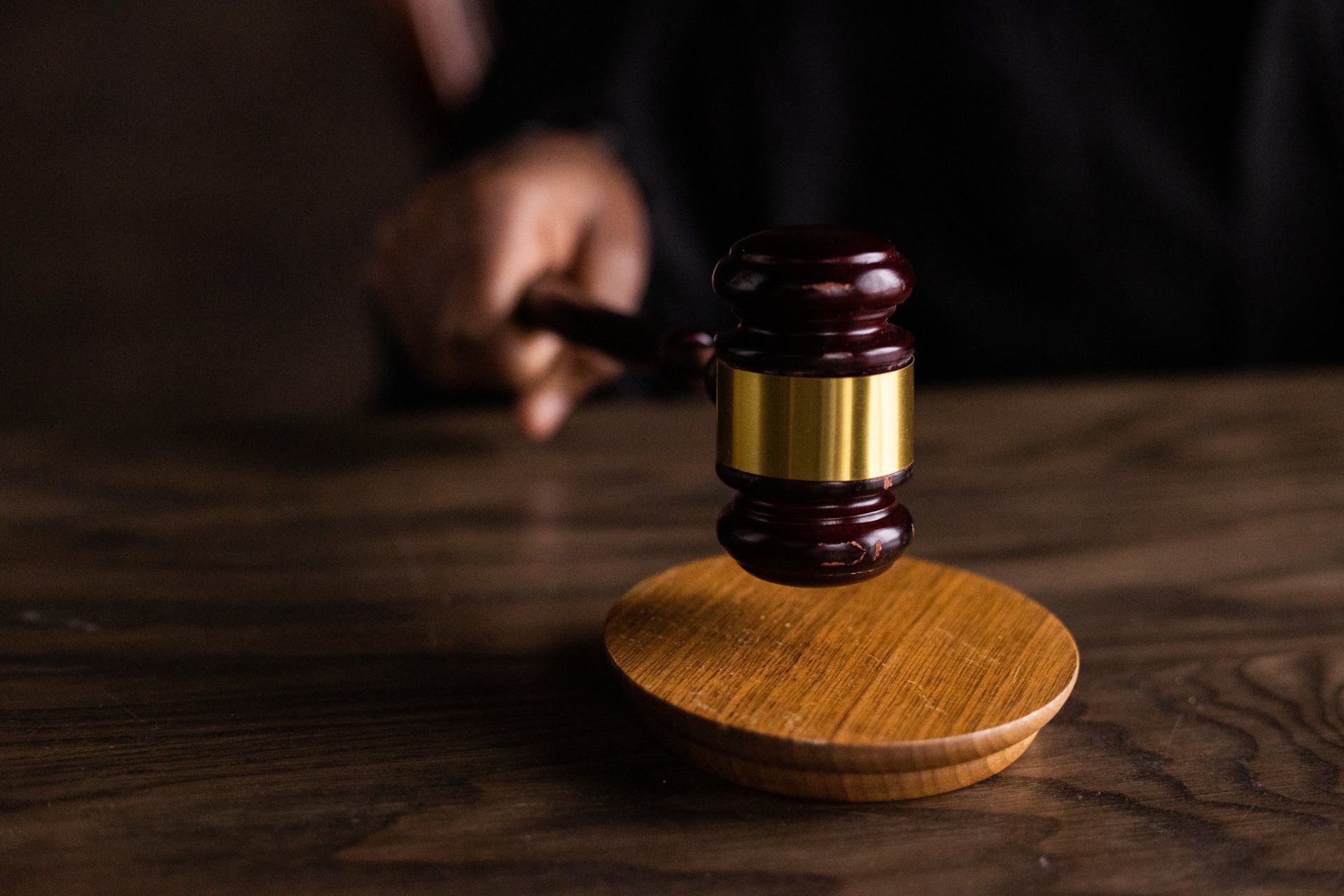The Automatic Stay
People who are struggling to pay their bills are all too familiar with the aggressive tactics creditors can take in their efforts to recover payment. Debtors often find themselves bombarded with calls and letters from their creditors which they feel powerless to stop. One advantage that filing for bankruptcy can provide is through a legal mechanism called “the automatic stay.” The automatic stay can stop most creditors from pursuing repayment from debtors and from taking other actions regarding the debt.
Under the Bankruptcy Code, after a debtor files for Chapter 7 and Chapter 13 bankruptcies, the automatic stay will go into effect immediately. This has the effect of prohibiting most creditors from continuing with calling or otherwise contacting the debtor; seeking repayment of medical and credit card debts; foreclosures; wage garnishments; some evictions; repossessions; and lawsuits concerning the debt.
Debtors who have fallen far behind on their unsecured debt may be subject to endless calls from their creditors or even lawsuits. The concept behind the automatic stay is that it will provide the filer an opportunity to get a break from their creditor’s collection efforts and legal actions while they pursue their bankruptcy. After filing for Chapter 7 and Chapter 13 relief, your creditor must cease all calls and litigation concerning your debt. If they fail to abide by this, there can be significant fines and legal ramifications for them.
For Chapter 7 filers who are liquidating their assets, the automatic stay may result in their not being responsible for some of the debt associated with their foreclosure. With respect to home foreclosures, the automatic stay may allow for a Chapter 13 filer to become current on their payments and not lose their home. Further, if you are in the process of eviction and the automatic stay goes into effect prior to the eviction process reaching a certain point, it may be possible to keep the eviction from beginning. For those facing their utilities being shut off, there may also be relief under the automatic stay. Under Chapter 7, the debtor can seek to prevent their utilities from being disconnected by demonstrating “adequate assurance” to the utility company that they will pay their bill within a certain number of days.
While the automatic stay can serve to keep creditors at bay while your bankruptcy is ongoing, there are some things the stay will not apply to. For instance, child support collection efforts will not be stopped. Further, the stay will do nothing to stop wage garnishment for child support or to stop a child support modification in court. Additionally, certain tax collection actions will be permitted to proceed.
The automatic stay can have a powerful effect on the life of someone who has filed for bankruptcy. In many cases, it provides temporary armistice while the filer gets their bankruptcy organized and managed. Knowing how the automatic stay will work and apply during your bankruptcy will help you plan for the future.
We have the knowledge and experience you need to help you understand the automatic stay and how it can best serve you. Please contact us online or by phone if we may be of assistance. http://bestmichiganlawyer.com/contact-us
